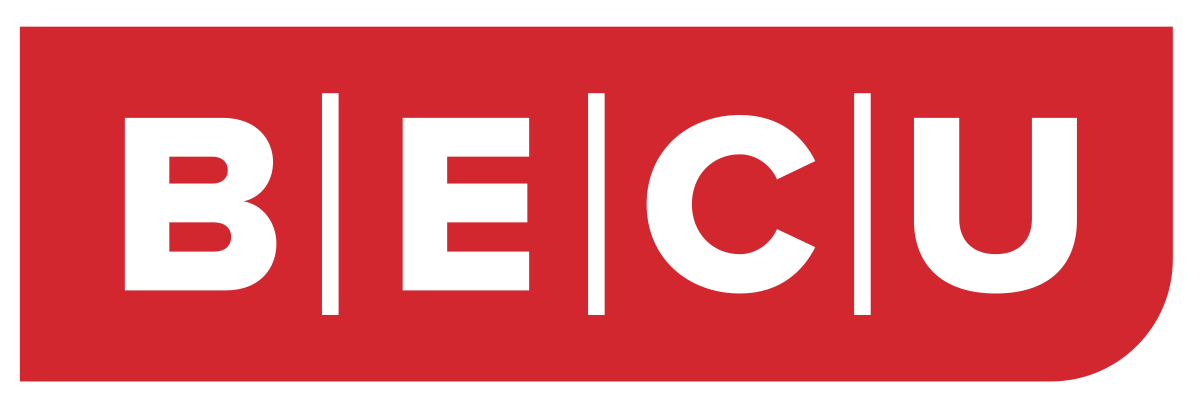Home
About
Program
Speakers
Partners
Audience
Sustainability
Event Details
Challenge
Contact
REGISTER
WOHESC
2025 Program
| Wednesday, March 5th, 2025 | |||||||
| 11:00 - 2:00 PM |
|
||||||
| 1:00 - 2:30 PM |
Space is Limited: Pre-Registration REQUIRED
|
||||||
| TOURS Space is Limited: Pre-Registration REQUIRED
|
|||||||
| 3:00 - 5:00 PM |
|
||||||
| 3:00 - 5:00 PM |
|
||||||
| 3:00 - 5:00 PM |
Presented by
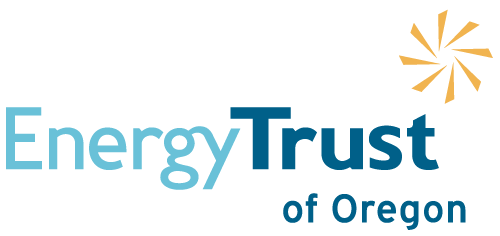
|
||||||
| 3:00 - 5:00 PM |
|
||||||
| 5:15 PM - 7:00 PM |
Portland Community College Cascade Student Union - 5575 N Albina Ave, Portland, OR 97217
|
||||||
| Thursday, March 6th, 2025 | |||||||
| 8:00 AM |
|
||||||
| 9:00 AM |
|
||||||
| 9:10 AM |
 Dr. Adrien L. Bennings | President, Portland Community College View the presentation |
||||||
| 9:20 AM |
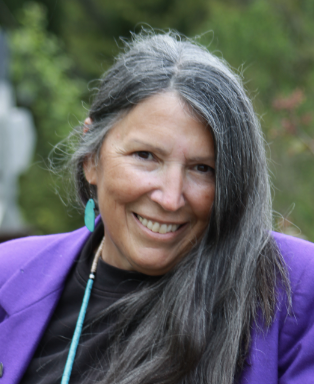 Judy Bluehorse Skelton | Associate Professor (Ret.), Indigenous Nations Studies, Portland State University View the presentation |
||||||
| 9:45 AM |
 Moderator: Sophia Agtarap | Race and Social Justice Lead Advisor, City of Seattle's Office of Civil Rights 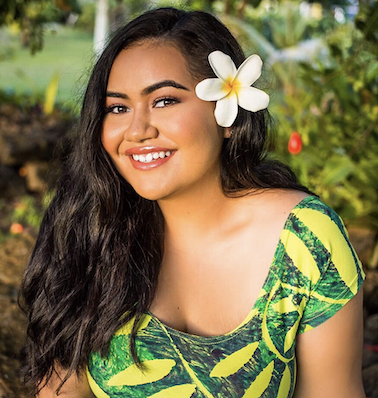 Brianna Fruean | Pacific Climate Warrior, Activist and Environmental Advocate 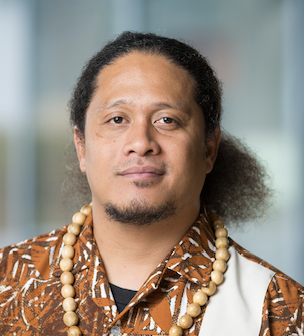 Makerusa Porotesano | Director of Multicultural Services, Portland Community College  Gabe Sheoships | Executive Director, Friends of Tryon Creek  Judy Bluehorse Skelton | Associate Professor (Ret.), Indigenous Nations Studies, Portland State University |
||||||
| 10:45 AM |
|
||||||
| 10:45 AM |
Presented by  |
||||||
| 11:15 AM |
|
|
|
|
|
|
|
| 12:30 PM |
Provided in the Main Stage Room
|
||||||
| 1:00 PM |
Presented by  |
||||||
| 1:30 PM |
|
|
|
|
|
||
| 2:45 PM |
|
||||||
| 2:45 PM | |||||||
| 3:15 PM |
|
Jaime English, Paul Bloom, Sara Holzknecht |
|
|
|
|
|
| 4:30 PM |
|
||||||
| 4:45 PM |
 Brianna Fruean | Pacific Climate Warrior, Activist and Environmental Advocate |
||||||
| 5:15 - 7:00 PM |
|
||||||
|
|||||||
|
|||||||
|
|||||||
| Friday, March 7th, 2025 | |||||||
| 8:00 AM |
|
||||||
| 9:00 AM |
|
||||||
| 9:05 AM |
|
||||||
| 9:30 AM |
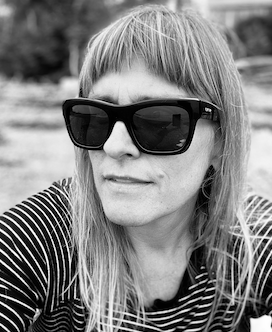 Sarah Jaquette Ray | Author, Field Guide to Climate Anxiety View the presentation |
||||||
| 10:00 AM |
Presented by  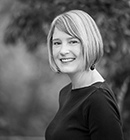 Moderator: Sarah Stoeckl, PhD | Director, Office of Sustainability, University of Oregon 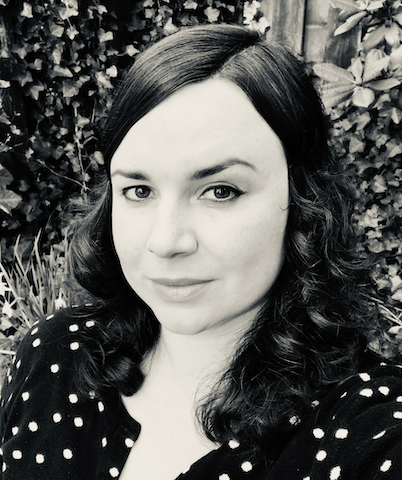 Thea Prieto | Author, From the Caves  Sarah Jaquette Ray | Author, Field Guide to Climate Anxiety  Madeline Ostrander | Author, At Home on an Unruly Planet |
||||||
| 11:00 AM |
|
||||||
|
|||||||
| 11:30 AM |
|
|
|
|
|
|
|
| 12:45 PM |
Provided in the Main Stage Room
|
||||||
| 1:15 PM |
|
||||||
| 1:30 PM |
|
|
|
|
|
|
|
| 3:00 PM |
|
||||||
 © 2025 | Event by Social Enterprises, Inc.
© 2025 | Event by Social Enterprises, Inc.
PO BOX 31039
Portland, OR 97231
Office | 503.226.2377
Toll Free | 1.855.740.8417
